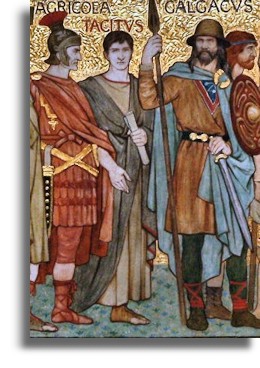Last night I went to my wife’s company Christmas party. I had a good time, and today I have a bit of a hangover, as it goes. But I thought there was an interesting thing at work. Each room at the party was themed according to a decade (although there wasn’t a 30s room that I could make out), and each was decorated and had drinks themed to the appropriate era, more or less.

I bet that if I gave you a list of which decades were represented, you could predict with a relatively high level of accuracy what the rooms looked like, from the ring-a-ding-ding Vegas 50s room to the technicolour Afro 70s room. There was a 1920s room, but no 1930s one, presumably because the 1930s stereotype isn’t all that festive.
Now, obviously, the idea of decades as discrete thematic things is flawed, since it’s not like some giant switch flips on January 1, 1981 and everyone turns into a raging greedhead with a skateboard and an NES or whatever. But also it left me wondering how long it takes for us to have a clear idea of a decade — or, for that matter, a century.
I think “decades” may collapse in about 100 years. I don’t think that, other than WW1, I necessarily have a very clear impression of what, stylistically, separates the 1910s from the 1900s. And I definitely don’t have a clear mental picture of the difference between the 1880s and the 1890s. I could probably eyeball the differences between the first and second halves of the 19th century generally, although obviously I would make quite a lot of mistakes.
But earlier than about the later middle ages, I wouldn’t rely on myself to design a themed party room for a unit of time smaller than a century, and prior to about the 4th or 5th century BC, not even that.
I don’t really have a point there other than that it’s interesting to wonder what future generations will see as the defining traits of the decades we live in, and to observe how nostalgia paints pictures of decades which influence even people who lived through them and should know better.





















